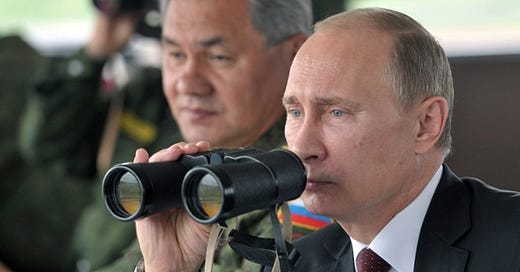Putin's Grand Strategy: The Eurasian Union and its Discontents
Editors: S. Frederick Starr and Svante E. Cornell
Published in September 2014.
Introduction
Even before Vladimir Putin’s designation as president-elect of the Russian Federation, it was clear that he had very different views of his country and its future than his predecessor and patron, Boris Yeltsin. His KGB background and his ruthless early military actions in Chechnya suggested to some—but certainly not all—Russian and Western commentators that he viewed the preservation and advancement of the Russian state itself, and not merely the welfare of its citizens, as the primary purpose and end of policy.
Rising world oil and gas prices—and the swelling inflow of funds to the treasury resulting from those increases—enabled him to do just enough for the population to convince a majority of the Russian public that the two ends were compatible: that whatever promoted the state also promoted society.
Only gradually did Putin’s single-minded focus on restoring what he defined as the geographical integrity and honor of the Russian state become evident. And it took yet more time for the world at large to understand how far he was willing to go in pursuit of that end. The inability or reluctance of Western and other policymakers, intelligence services, and independent foreign affairs experts to grasp this dedication on Putin’s part ranks as an analytic failure of the first rank.
Meanwhile, Putin seized the initiative in his military attack on Georgia in 2008, in his multi-dimensional but non-military assault on Kyrgyzstan in 2010, and then in his invasion of Ukraine and seizure of Crimea and other territories in 2014.
Click here to continue reading Putin's Grand Strategy: The Eurasian Union and its Discontents.




